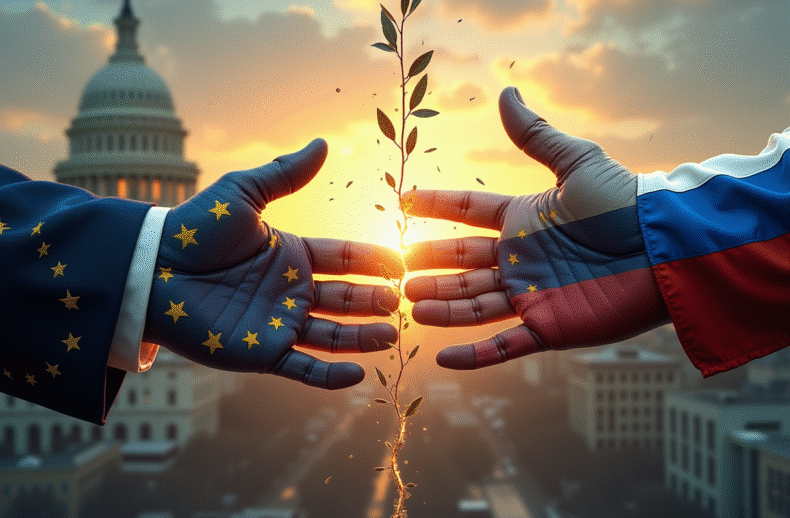The United Nations was built to replace “might makes right” with law and diplomacy, yet the Right of the Strong continues to dominate global politics. From U.S. hegemony to Russia’s war in Ukraine, from Trump’s “Gaza Riviera” plan to NATO maneuvers and economic sanctions, the same pattern emerges: power overrides principle when recognition is denied.
Eidoism explains why. At the heart of these conflicts lies the Demand for Recognition (DfR)—the deep human and national drive to be seen, respected, and dignified. International law cannot erase this drive; when recognition is withheld, nations turn to force.
The solution is not a new world policeman, but a new architecture of recognition: balancing dignity between strong and weak, creating prestige currencies beyond war, ritualizing rivalry, and elevating restraint as the ultimate form of strength. Only then can the world move from bullying and humiliation toward lasting peace.



